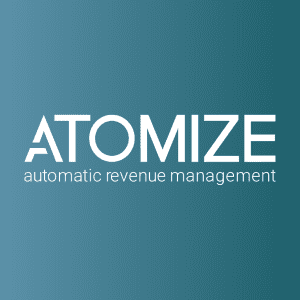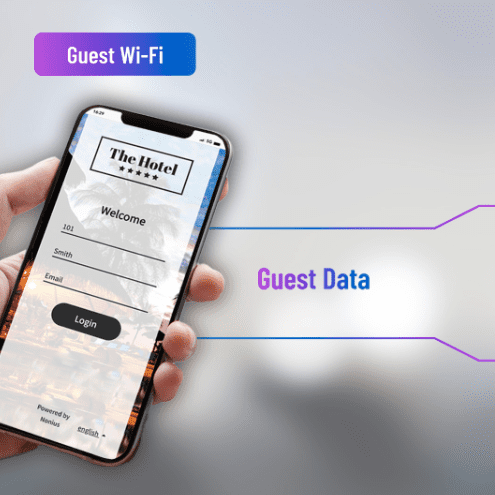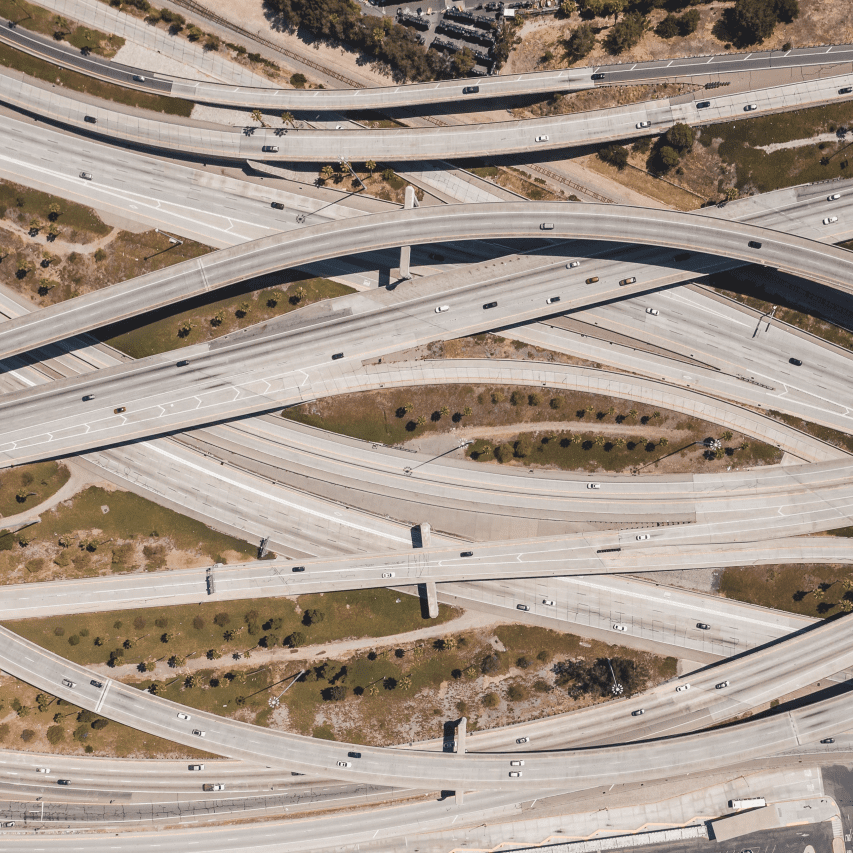 Just as everything was beginning to get a little better, the COVID-19 Delta variant sprung up to wreak havoc once again. Numerous hotels are starting to experience cancellations as the media blasts it out.
Just as everything was beginning to get a little better, the COVID-19 Delta variant sprung up to wreak havoc once again. Numerous hotels are starting to experience cancellations as the media blasts it out.
Though there is uncertainty in how the current situation will pan out, hoteliers and hospitality industry staff need to be prepared before another wave of cancellations knocks on your door once again.
The key to this is future-proofing systems by implementing long-term strategies that can help buffer the effects of the current pandemic and beyond. These structural shifts will be pushed by the way travel demand will evolve and the changing expectations of your customers.
Adapt and innovate with technology
Your hotel will be held at a higher standard than ever before as customers are on edge. They want absolute assurance that they are safe even before they step inside your establishment. To address their growing concerns and optimize efficiency and effectively manage your business’ finances, it is high time to employ the power of technological advancements.
Here are just some ways hotel technology can mitigate the repercussions of the COVID-19 pandemic:
Going digital
Investing in machine learning and AI systems can help augment staff efforts creating a personalized and seamless experience for your guests. Big data will revolutionize the industry by personalizing your customers’ experience. One example of this that most hotels are now using is an integrated booking and checking technology that can then be implemented throughout your guest’s stay.
You can use an app platform to track spaces used by your guests so that your staff can sanitize them before the next use. These programs available at your fingertips can foster a two-way conversation between you and your guests, giving them a differentiated guest experience.
Smart technologies like these not only benefit your guests, it also allows your management and staff to streamline operations, coordinate housekeeping systems, assign staff duties, and communicate with each other more effectively.
Keeping it clean
With guests valuing their health above all, hotels must visibly step up their game when it comes to cleaning every space. Safety is the priority.
More and more hotels are using HEPA filters, air purifiers, and robots to sanitize and disinfect their guest rooms and common areas. Some of these robots are specifically designed to destroy 99.9 percent of the surface and airborne pathogens in indoor settings using high-powered UVC technology.
No contact, please
Human contact is the defining feature of the hospitality industry, but with safety and hygiene measures in place, hoteliers and staff need to serve customers from an appropriate distance. Still, smiles are most welcome.
For restaurants, scannable QR codes can replace paper menus. There are also emerging tableside ordering technologies that can increase the accuracy of orders and improve customer experience.
Hospitals began using non-touch elevator control panels during the pandemic and the hotel industry is starting to get on with the trend. Check-ins are also contactless as more and more hotels use the same Near Field Communication technology as GooglePay or ApplePay.
There are also groundbreaking products that give guests access to hotel services conveniently through their mobile devices. They only need to pair their devices with their in-room TVs to use as a remote controller, access online versions of hotel guides, order room service, and more.
Complete overhaul
The pandemic has provided hoteliers an opportunity to rethink their business models and leave the practices that need to be unlearned behind. Though the technologies listed above are great on their own, other hotel owners are taking a step further by renovating their hotels with improved customer convenience and safety in mind.
They are also including sustainability in their planning to ensure that the steps they take will not at all have any negative impact on anyone or anything.
Hence, hoteliers are looking into integrating health-related features such as antimicrobial finishes, high-performance ventilation systems, and creating indoor or outdoor architecture that is built for the wellbeing and safety of guests.
Smart rooms are also being deployed to adopt better energy management. Sensors can save up to 30% to 50% on lighting costs and they can also detect if a guest has left the room. This will then adjust the heating, turn off the lights, and even notify housekeeping that a room is ready to be cleaned.
Not only do sensors drive sustainability, but they can also gather useful information or data that can be analyzed and used to identify trends, furthering your hotel’s efficiency.
This shift to a more technologically advanced hotel can seem staggering at first glance as it involves investing all your time, resources, and energy in creating a safer and healthier environment for you, your staff, and your guests. However, it will all be worth it in the long run as these new technologies will continue to define the future of the hotel industry.





























